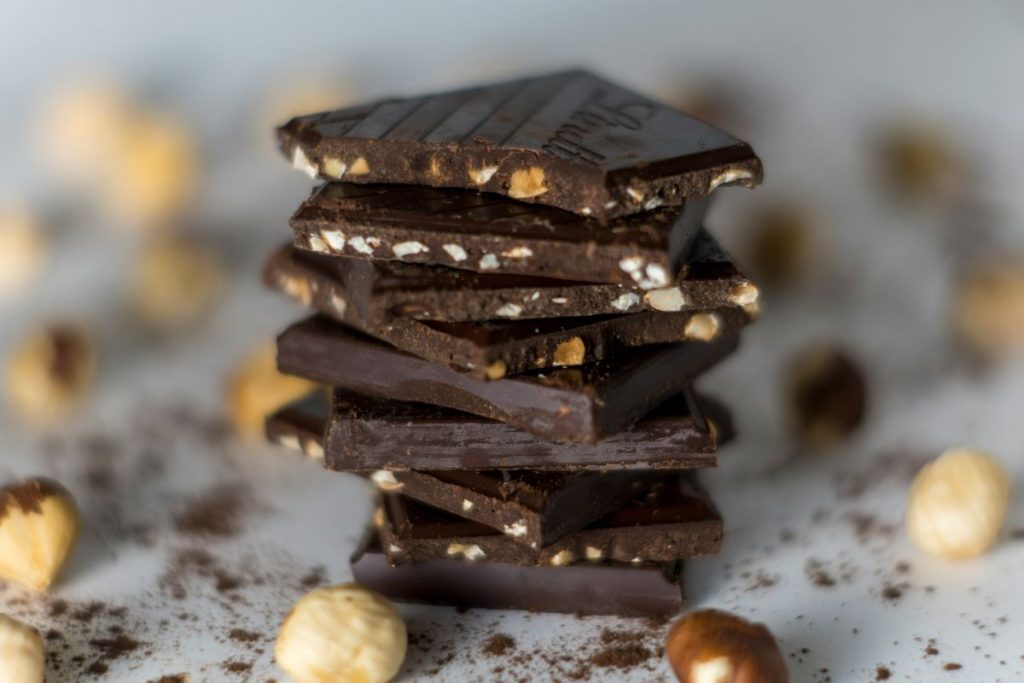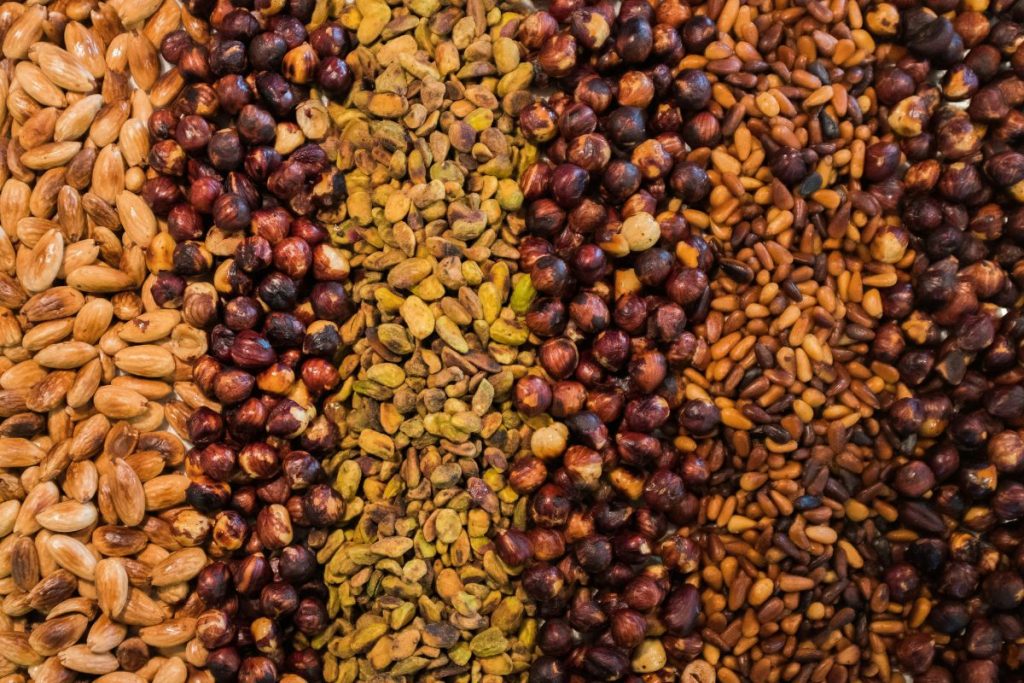Proper nutrition can make the difference between a successful day on the slopes and an early retreat to the lodge.
Understanding what to eat before, during, and after skiing helps maximise energy levels, maintain performance throughout the day, and support recovery for your next mountain adventure.
Pre-Ski Fuel: Building a Strong Breakfast Foundation
When planning nutrition for ski weekends, getting breakfast right is your most important step before skiing, as it restores overnight energy, stabilises blood sugar, and supports both warmth and endurance. Recent research shows that we burn carbohydrates faster at high altitude, making complex carbohydrates essential for sustained mountain performance. Ideal pre-ski meals should combine complex carbohydrates with quality protein and healthy fats to provide steady energy release throughout the morning.

Consider hearty options like steel-cut oatmeal topped with banana slices and almond butter, which provides sustained energy from whole grains plus protein for muscle support. Alternatively, scrambled eggs with whole-grain toast and avocado give you protein for muscle function and complex carbs for energy. These balanced combinations help prevent the blood sugar spikes and crashes that can lead to early fatigue on the mountain.
On Mountain Snacking: Keeping Energy Sustainably High
Successful slope nutrition needs portable snacks that won’t freeze, blend carbohydrates, fats, and protein, and can be eaten intermittently throughout the day. Sports nutrition experts recommend 30-60 grams of carbohydrates per hour for activities lasting more than two hours, making strategic snacking essential for all-day skiing.


Trail mix with nuts, dried fruit, and dark chocolate gives you an ideal combination of quick-release sugars and sustained energy from healthy fats. Energy bars that remain soft in cold temperatures work well, particularly those containing whole food ingredients like dates, oats, and nuts. Bananas, though they can freeze, offer easily digestible carbohydrates and natural sugars that provide quick energy boosts between runs. Keep snacks accessible in easily reached pockets and eat small amounts regularly instead of waiting until you feel hungry or fatigued.
Hydration Strategies: Staying Moist and Performing Well
Hydration becomes critical in cold, high-altitude environments where the dry air and physical exertion accelerate fluid loss through increased respiration and perspiration. Fluid needs increase at altitude, with recommendations ranging from 3 to 5 litres daily, substantially more than the typical 1.5-2 litres consumed at sea level.

Use insulated bottles or hydration systems to prevent freezing and sip regularly throughout the day rather than relying on thirst as an indicator. Studies suggest that beverages containing carbohydrates and electrolytes may be more effective than water alone at high altitude. Consider adding electrolyte tablets to your water or alternating between plain water and sports drinks to maintain proper sodium and potassium levels, which become depleted through increased respiratory water loss and sweating.
Post-Slope Recovery: Nourishing for Repair and Refuel

Recovery nutrition is relevant in muscle repair and glycogen replenishment after intensive skiing. The optimal window for recovery nutrition is within 30 minutes to 2 hours after finishing your ski day, when your muscles are most receptive to nutrient uptake. Focus on combining carbohydrates to replenish depleted glycogen stores with protein to support muscle recovery and repair. A recovery smoothie with banana, yoghurt, and berries provides easily absorbed carbohydrates and protein while also delivering antioxidants to combat exercise-induced inflammation. Alternatively, chocolate milk offers an ideal carbohydrate-to-protein ratio for recovery. Include magnesium-rich foods like nuts, seeds, or leafy greens in your evening meal to support muscle relaxation and quality sleep. Anti-inflammatory foods such as salmon, tuna, or plant-based proteins help reduce muscle soreness and prepare your body for another day on the mountain.
Proper nutrition changes ski weekends from exhausting ordeals into energising adventures, allowing you to make the most of every run while supporting optimal recovery for future mountain pursuits.
Images courtesy of unsplash.com and pexels.com














